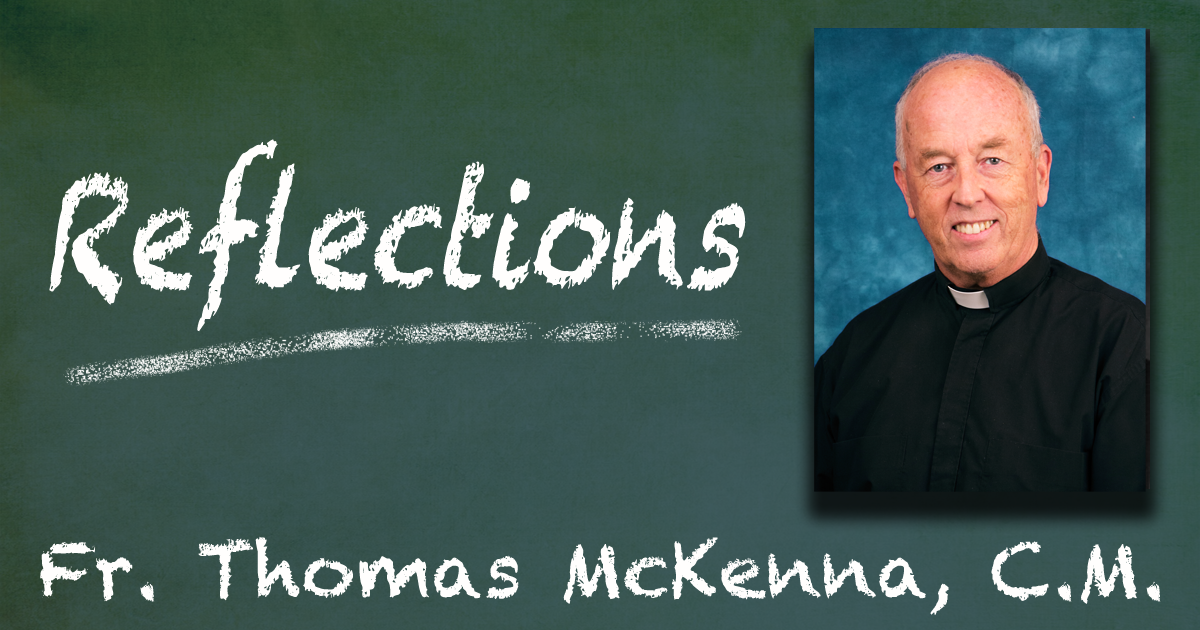Feet in Two Worlds

Feet in Two Worlds (Luke 6:27-38)
There was a man who grew up in a town nestled inside a narrow valley closed off at one end. Like everyone else, he grew up with the customs and mores of his village, particularly its understanding of how to get along with others there. It was rude, for instance, to begin a conversation with an older person. You kept to your own family and you never looked a stranger in the eye. People wore only dark colors and saved every extra penny they made. Acting differently would open you to ridicule and sometimes even danger. These were the “rules of the road,” the code book for how to get along.
One day he left the valley for another part of the country and found it a hard adjustment. Younger peopledidmix with older ones; families invited in strangers; folks looked each other in the eye; people dressed in every color of the rainbow; everyone seemed to spend without much thought of tomorrow. But gradually he noticed something stirring inside him, a sense of being freed-up. This new world was roomier, more flexible and expansive. It had a different set of rules for getting along.
Difficulties crept in when he returned to his valley. Living there again, he felt a pressure tying him down, hemming him in. Now a citizen of two worlds, each one operating from different instincts and expectations, he was pulled. He wanted to settle in and get along in the town, but his experience of that second world wouldn’t let that happen. There was a lasting tension.
In the sixth chapter of Luke’s gospel, Jesus lays out the patterns of a world. People there forgive and even love their enemies. If someone steals your coat, you not only hand it over but offer your shoes and socks as well. When you lend money, you don’t ask for it back and in fact you give to anyone who needs your help. People there treat others the same way they’d like to be treated themselves — generously, large heartedly, forgivingly.
The question for most of us — how possible is all this? How could these new modes of living ever make it in the “real world”? Can such rules carry the load of daily existence?
And so that man returning home. One of his feet was in the “real” world around him, the other set down in that second zone where standards for thinking and action were more expansive, you might say more gracious. His challenge was how to be in both worlds at the same time? How to keep living in his valley and yet weave in the behaviors of the wider realm? Knowing what he now did, he couldn’t just settle for the old ways. But immersed in these ways, he felt pulled. He knew he needed help.
Christian disciples recognize this man’s issue. The world Jesus sketches isn’t here yet, or at least not fully here. And yet we’re challenged to live as if it is. It’s the dilemma of feet in both worlds, each pulling against the other. Someone has hurt me badly and I want to hurt her back – but the instincts of that other realm say forgive, and even turn the other cheek. It isn’t fair that a stranger who contributed nothing to this country should get this country’s benefits – but the second universe says take him in, give him protection and expect nothing back.
In every age Christian believers live in two worlds, in the back-and-forth between “This is life as it is, accept it,” and Jesus’ claim that “The Kingdom of God is already among you.” Like that man in the story we too need help to live in the tension, the one between what is here and what is still on the way, between “real life” and the Kingdom of God breaking through.
If there’s a reason for gathering at the Eucharist to support one another, here is a principal one. As followers of Jesus (in Vincent’s style) we do live in two worlds, one telling us to get what we can and the other prompting us to give it away when we get it. “Be merciful” not as ordinarily calculated, but “just as your Father is merciful.”







0 Comments